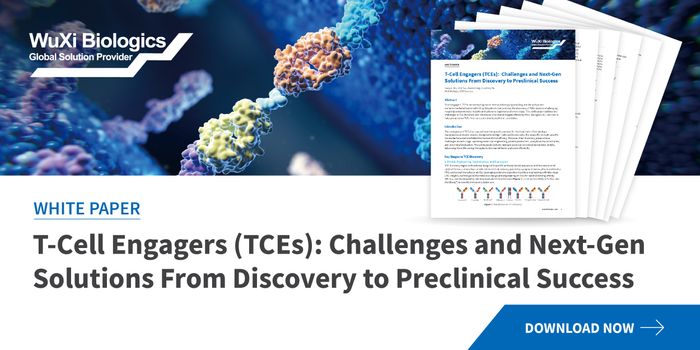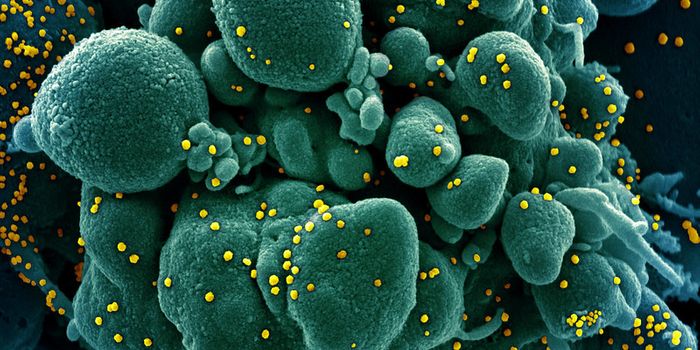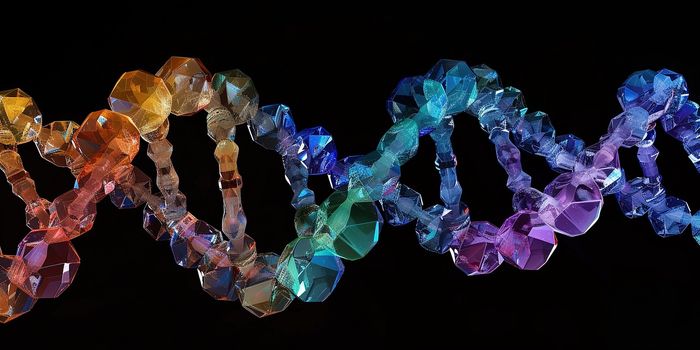Diagnosed: Placenta Pill Caused Bacterial Infection in Baby
Placenta eating has become a popular some new moms. But a recent case of bacterial infection in placenta pills has the CDC warning against this trend.
The warning from the CDC comes after seeing a baby develop repeated infections of a bacteria known as group b Streptococcus agalactiae (GBS). The baby was healthy at birth, but had several incidences of respiratory distress. In all instances, cultures showed the baby was positive for GBS infections.
"We were concerned because the mother's breast milk had been tested, and it was negative for group B strep. So we were just trying to understand why this child would have two infections in a row," said Dr. Genevieve Buser, one of the treating physicians who lead the study report.
Upon more investigation, doctors found that the mother had been consuming placenta pills - that is, encapsulated dried placental tissue. Tests on the placenta pills were positive for the same GBS strain that were found in the baby, both times. Furthermore, the baby’s mother also had high levels of this bacteria in her system. This led doctors to conclude that the infection likely stemmed from contaminated placenta pills.
Placentophagy, or the act of consuming the placenta after birth, is not uncommon in the animal kingdom. Animals like goats, buffalos, dogs, all consume the placenta shortly after giving birth to their young. For these animals, placentophagy is driven by need for nutrients after the stress of birth. Some scientists also theorize that by eating the placenta, the vulnerable animal is removing traces of blood that could otherwise be a trail for preys. But for humans, what’s the benefit of eating the placenta?
Because the placenta contains hormones like prostaglandin and oxytocin, some people believe consuming the organ will alleviate postpartum depression or increase milk production for their baby. In some cultures, the placenta may be eaten raw or cooked into other foods. In the US, the more popular method is to dehydrate, heat, and encapsulate the placenta into pill form. But whichever form placentophagy takes, there is scant evidence that it gives mothers any additional benefits. And with this case report, we have one of the first examples where placenta eating can actually harm the baby.
The CDC believes that the GBS bacteria were not killed off during the heating part of the encapsulation process. “No standards exist for processing placenta for consumption. … In this case, heating for sufficient time at a temperature adequate to decrease GBS bacterial counts might not have been reached. Consumption of contaminated placenta capsules might have elevated maternal GBS intestinal and skin colonization, facilitating transfer to the infant,” the CDC published.
"What we can say at this moment is that the decision is up to each mother. But we do want mothers and medical providers to be aware that there is a potential infectious risk," said Buser "In cases where there is a known communicable disease, or any sign of infection at birth, that could potentially lead to the placenta containing that bacteria, which would then be ingested, and could pass to the baby."
In response, the Association of Placenta Preparation Arts defended the practice of consuming the placenta and noted the GBS infection occurred in one isolated case. "A well-trained placenta arts specialist will make sure that your placenta is prepared safely for consumption, unfortunately, it seems that this specialist may not have done so. A maternal or infant infection at or immediately after delivery indicates that an active infection was present. The mother should have been counseled against encapsulation initially," they wrote.
Additional source: Live Science, CNN









